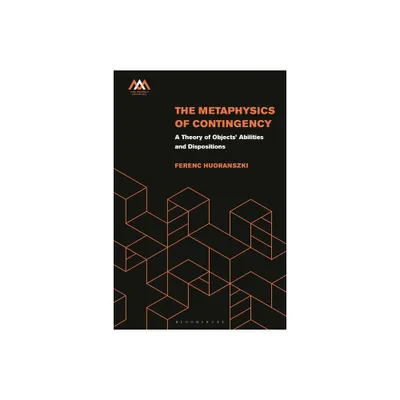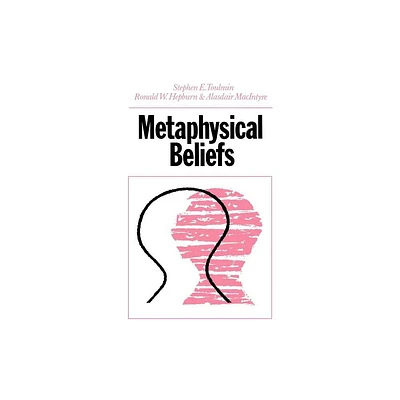Home
Unreal Beliefs: An Anti-Realist Approach the Metaphysics of Mind
Loading Inventory...
Barnes and Noble
Unreal Beliefs: An Anti-Realist Approach the Metaphysics of Mind
Current price: $115.00


Barnes and Noble
Unreal Beliefs: An Anti-Realist Approach the Metaphysics of Mind
Current price: $115.00
Loading Inventory...
Size: Hardcover
*Product Information may vary - to confirm product availability, pricing, and additional information please contact Barnes and Noble
Krzysztof Poslajko offers a novel version of an anti-realist view about beliefs, rejecting the extreme proposal of eliminativism that beliefs do not exist.
He shows us we should rather say that beliefs exist, but they are not real.
Poslajko demonstrates how we might make sense of this idea by providing a unified account of the debates in philosophical psychology. The antirealist view interprets beliefs as being causally irrelevant, that they do not constitute a natural kind, and that their content cannot be naturalized. Exploring the status of folk psychology, Poslajko raises key questions in the analytic metaphysics of mind: Are beliefs real? Do people really possess mental states which are causally efficacious bearers of propositional content?
By arguing for the antirealist view and revising our common-sense view about the nature of mind, he makes a compelling case for adopting a pragmatic metaphilosophy when we deal with questions about belief.
He shows us we should rather say that beliefs exist, but they are not real.
Poslajko demonstrates how we might make sense of this idea by providing a unified account of the debates in philosophical psychology. The antirealist view interprets beliefs as being causally irrelevant, that they do not constitute a natural kind, and that their content cannot be naturalized. Exploring the status of folk psychology, Poslajko raises key questions in the analytic metaphysics of mind: Are beliefs real? Do people really possess mental states which are causally efficacious bearers of propositional content?
By arguing for the antirealist view and revising our common-sense view about the nature of mind, he makes a compelling case for adopting a pragmatic metaphilosophy when we deal with questions about belief.


















